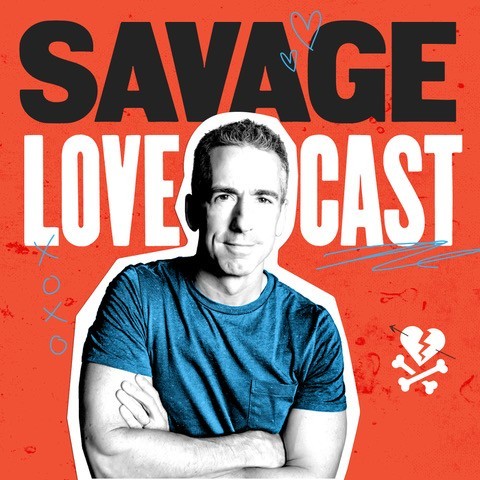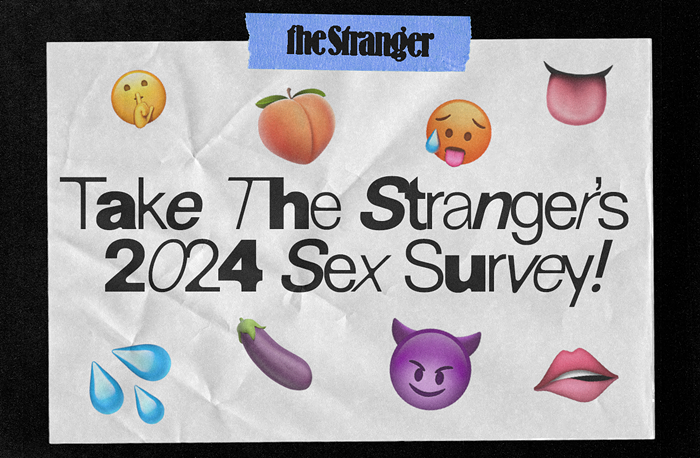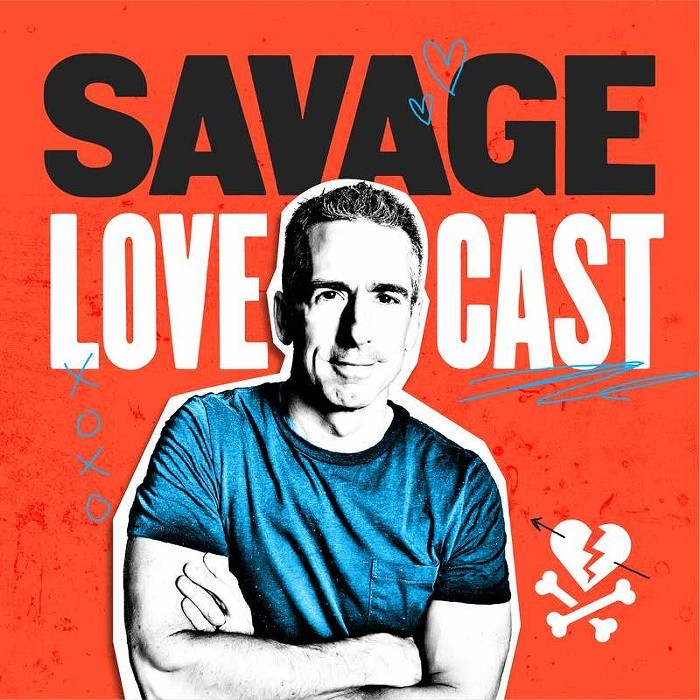
There's a bill currently winding its way through Congress that, in theory, is supposed to aid the victims of human sex trafficking. The bill, called the Stop Enabling Sex Traffickers Act (SESTA), has already passed in the House and will soon be decided on by the Senate. SESTA is a rare bipartisan effort, and as Alana Massey recently pointed out in Allure, the bill has a bevy of high profile supporters, from progressive favorite Sen. Kamala Harris to Amy Schumer, Tony Shalhoub, Josh Charles, and Seth Meyers, who all star in a PSA promoting the bill.
"Today you can go online and order a child for sex," Schumer says. "It's as easy as ordering a pizza." This is a terrifying prospect and one that clearly deserves attention. SESTA, however, will do a lot more than simply protect vulnerable kids, and both sex workers and advocates for an open internet argue that the potential damage of SESTA is far greater than any potential benefit.
SESTA, as well as the House version of the bill (the Allow States and Victims to Fight Online Sex Trafficking Act, or FOSTA), would amend Section 230 to the Communications Decency Act (which Schumer refers to as "stupid loophole") so that websites where sex work is advertised, discussed, or bought and sold could be held criminally liable. In other words, if sex workers are advertising on StormyDaniels.net or AnalPlay.gov or BackPageBackDoorBackSide.org, the proprietors of those websites could face criminal charges. That's like Tom being charged if you decide to hawk counterfeit Fendi bags on Myspace. And that's not just bad for Tom, it's bad for everyone online. As Massey wrote: "Both those in the sex trade and those with any understanding of free online expression consider this so-called 'stupid loophole' a 'core pillar of Internet freedom' and the 'most important law in Internet history.' The bills that would alter it have been roundly condemned by advocates for trafficking victims and survivors of trafficking, as well as by those willingly in the industry who would be at greater risk for exploitation in the absence of online platforms that allow them to share information. The nation's largest network of anti-trafficking organizations, The Freedom Network, is all but begging legislators not to tamper with Section 230 of the CDA."
Considering the consequences of this bill, it's not surprising that current and former sex workers are speaking out—both those who entered the trade willingly and those who have been trafficked. Laura LeMoon, a Seattle-area sex worker and advocate who was initially forced into the trade against her will, wrote about how Backpage helped her reclaim her agency for the Establishment: "When Backpage came into my life, I had decided that this time I was going to engage in the sex industry by choice. It was a way for me to re-write my past trauma and reclaim my body for myself. ... After placing an ad under the now defunct 'escort' section, my phone immediately began ringing off the hook. Every single day I easily got at least a hundred phone calls, which meant I had the power to cherry pick who was worthy of my time—and my beautiful pussy—and who wasn’t."
The online sex trade also keeps sex workers safer by allowing them to vet their potential clients—something much harder to do if you are working the streets. "Every time Rentboy or Backpage or any of those sites are shut down, it's actually putting sex workers more at risk, because we don't have a way of verifying that this person is who they say they are," as BriqHouse, a Seattle sex worker and the communications director for the Sex Workers Outreach Project, told me last year.
SESTA isn't the first attempt to stop the online sex trade. Last year, Kamala Harris, who was then the California Attorney General, brought felony pimping charges against Backpage CEO Carl Ferrer. Harris, however, faced immediate backlash from internet advocates. “It takes a lot to turn a publisher of sex ads into a First Amendment hero," wrote Noah Feldman in Bloomberg. "But the attorney general of California has managed the feat. By charging Carl Ferrer, the chief executive of Backpage.com, with pimping and sex trafficking in minors, Kamala Harris has seriously breached the constitutional wall meant to protect the free press.”
The courts agreed. In December 2016, Judge Michael Bowman of the California's Superior Court of Sacramento County dismissed the charges, arguing that they violated Section 230 of the Communications Decency Act. "Congress has precluded liability for online publishers for the action of publishing third party speech and thus provided for both a foreclosure from prosecution and an affirmative defense at trial," he wrote. "Congress has spoken on this matter and it is for Congress, not this Court, to revisit."
Kamala Harris, of course, is now in Congress. The Senate votes on SESTA Monday.



















